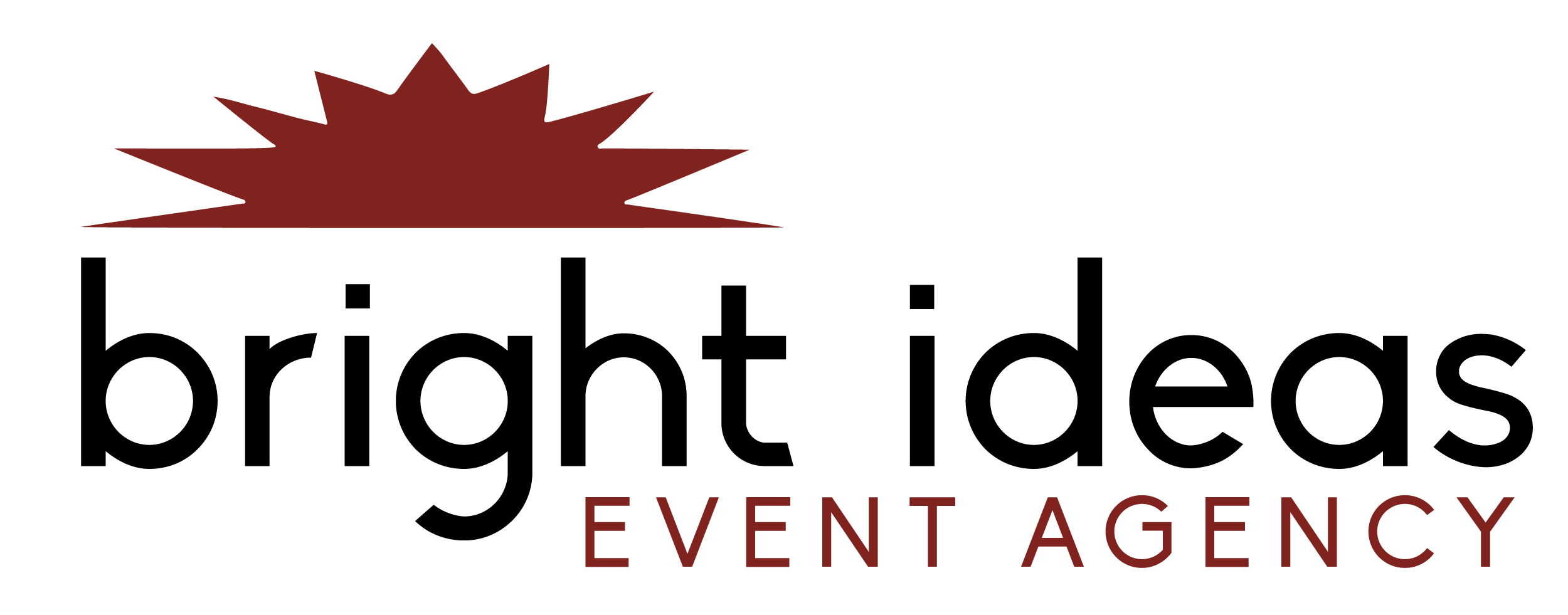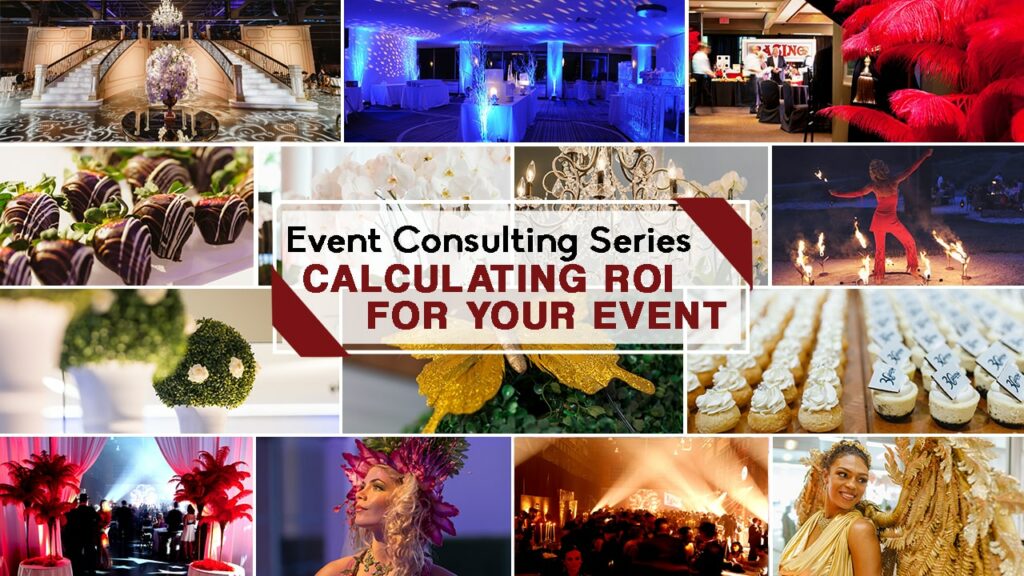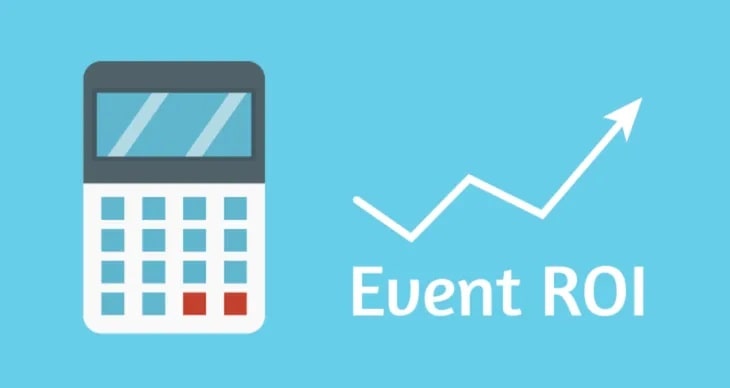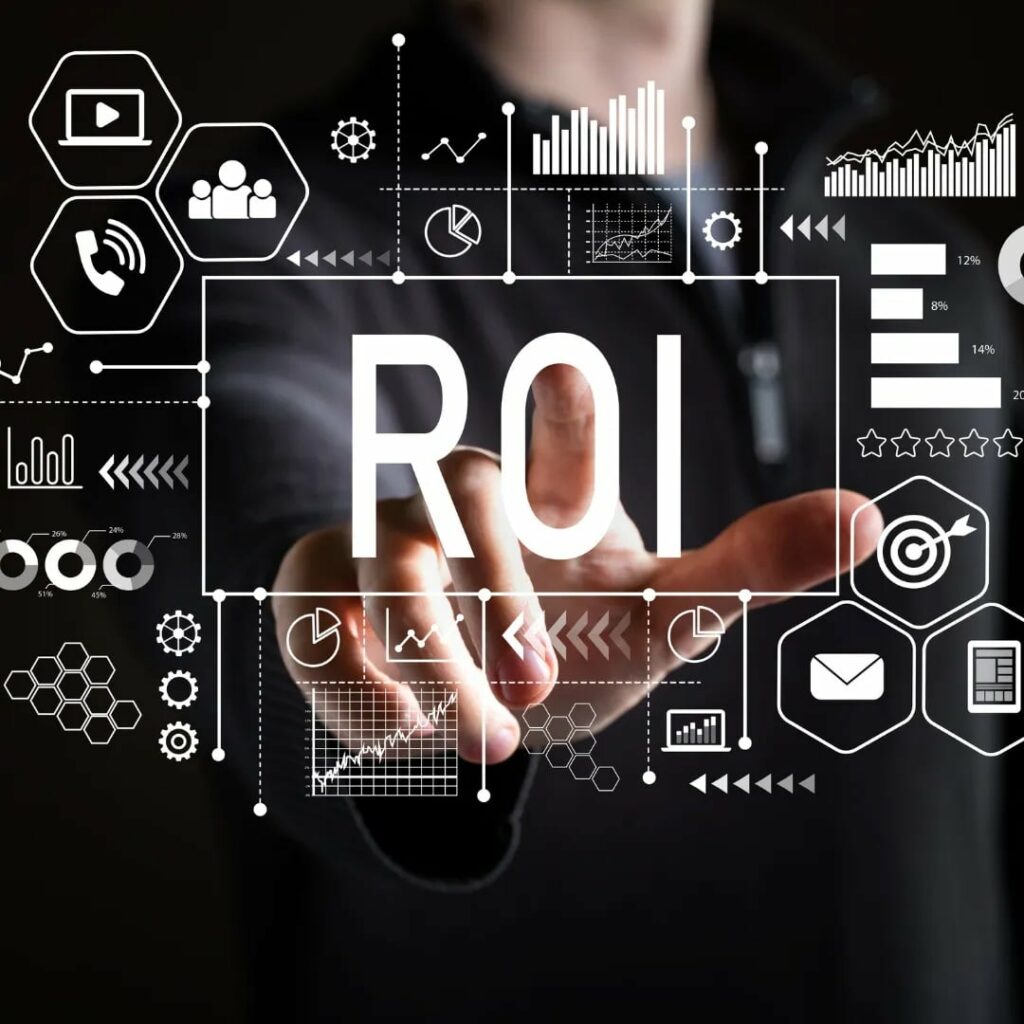Despite the euphoria you get when you see social media posts and photographs the day after your event, personal satisfaction isn’t an accurate measure of success. Instead, a more effective way to measure success is to evaluate the return on investment for your event (ROI). ROI is a term that refers to the evaluation of the success of your event compared to the financial investment.
You need to read this blog if you don’t know how to measure your event ROI effectively. Below I’ll share the six major steps to measure your event’s ROI accurately.
What are your event goals?
Establishing your event’s goals and objectives is essential to evaluating your event ROI. Some events are driven by the financial plan of sponsorship and ticket sales, which can make for a simple ROI evaluation. Revenue from ticket sales can be easily calculated and reviewed against the total cost of the event production to determine your event’s ROI.
More difficult intangible event goals to assess could include increased media exposure from a successful news story or an increase in sales leads for your customer base. Increasing consumer awareness of your brand or launching a new product, service, or brand can all be the goals of an event. Your event may have many plans once you start to identify them and that’s why goal setting is so important in the beginning.
Identify the primary goal for your event
As I stated above, event ROI can be quickly evaluated when measuring revenue compared to cost. But for events that generate sales leads for a business or raise awareness for a cause, the evaluation of your ROI must be adjusted to measure the net value of your efforts. After identifying your event’s goals, you must determine the ultimate goal you will measure success from. You might ask, is the goal to generate qualified leads? Or is it to attract new employees? How about building awareness or launching a new product?
After making a list of all your goals, narrow down your answers to just one primary purpose — the most important. The remaining plans are good to keep in mind but may not be how you measure your success.
Let’s say that you are organizing a fundraising event for a charity. In that case, your primary goal might be to raise funds, but a secondary goal could be increasing awareness for your cause. Always remember your dreams and weave them into your event plans and marketing.
Set measurable objectives related to your event goal
Once your primary goal is set, you will need to outline the steps necessary to achieve the desired outcome.
For example, let us say your primary goal is building brand awareness. You would want to measure the number of people attending your event and the amount of press and social media coverage you get.
Discuss with your client how they want to calculate their event ROI
It is essential to ensure that your client and yourself agree upon your goals before you endeavour to plan your event and evaluate its ROI. Your idea of the success of an event may not coincide with the goals that your client envisioned. This discussion is essential in the early stages of event planning so everyone is on the same page.
Gather event data and track your progress
Whether using a traditional revenue-based ROI model or measuring different data, you now need to choose how you will track your performance.
Start with the event technology you use to run your event, which may already gather incredible insight, especially if you are hosting virtual events. Your event ticketing and registration partner, for example, could help you capture information like the number of tickets/registrations sold, your revenue from sales, the number of no-shows, engagement, length of time at the event and more.
From there, you can leverage various tools to track your progress. Online surveys, for example, can help you measure attendee satisfaction. In addition, a CRM can track leads generated from your events.
Analyze and understand the event data
Once you have captured data related to your goal and objectives, the next step is understanding the results. The data you gather will tell you quite a bit about your event’s success, but working with that data can give you an even deeper insight into how your ROI is meaningful.
Sharon’s Event Tip: Always determine the goals of your event before starting the planning process. This will help you determine your ROI and strategize ways to measure it successfully.
If you need help identifying your event goals or would like to discuss your event ROI further with us, we would love to chat with you. For over 30 years in the business, I have been an expert in identifying event goals and understanding how to evaluate the success of those goals.
So, head to our contact us page and fill out a quote request form to start.
Follow along with this 10-part event consulting series below:
Event Consulting Series | Corporate Event Gifts & Giveaway
Event Consulting Series | Activities For Your In-Person Event
Event Consulting Series | Virtual Event Activities For Your Event
Event Consulting Series | Booking The Ideal Event Entertainment
Event Consulting Series | How To Plan The Perfect Event Menu
Event Consulting Series | Designing a Corporate Event Décor Strategy
Event Consulting Series | Choosing Your Event Theme
Event Consulting Series | Selecting The Perfect Corporate Event Venue
Event Consulting Series | Event Consulting vs. Event Producing

















